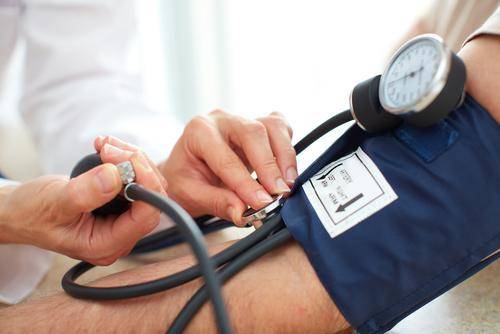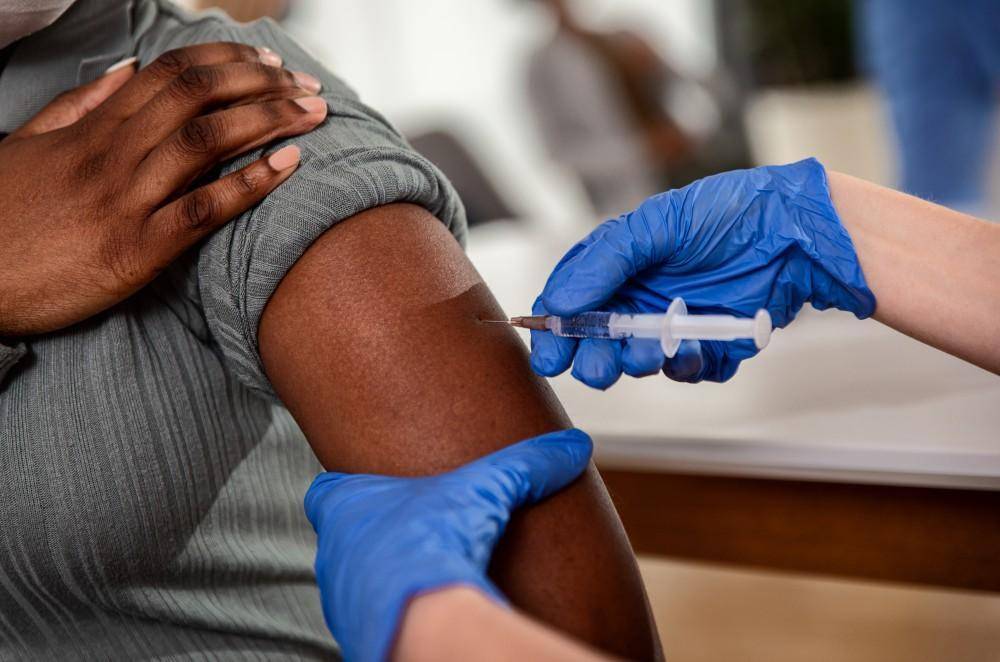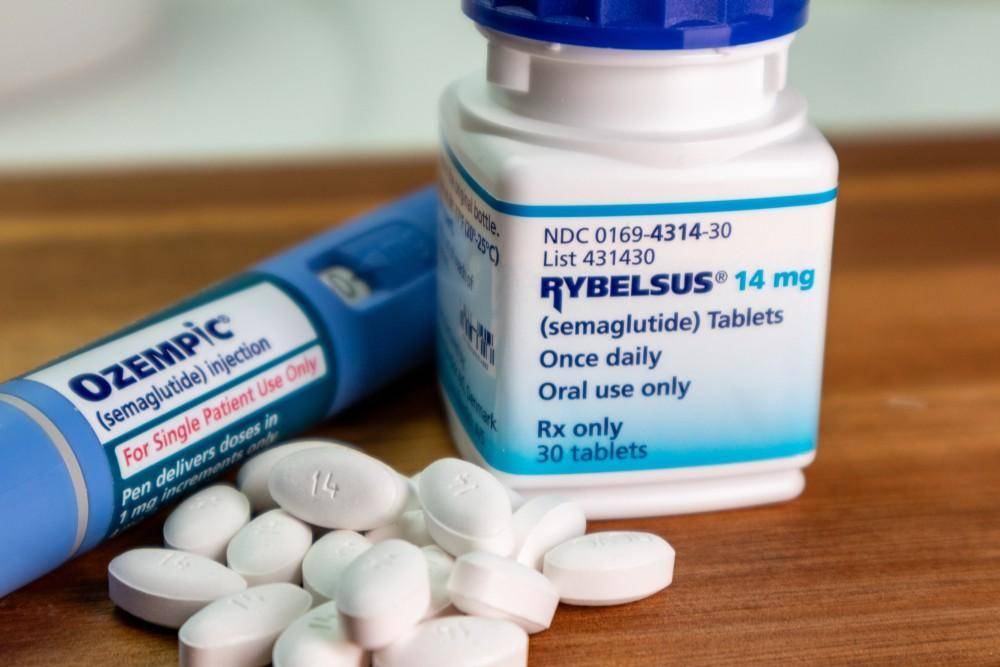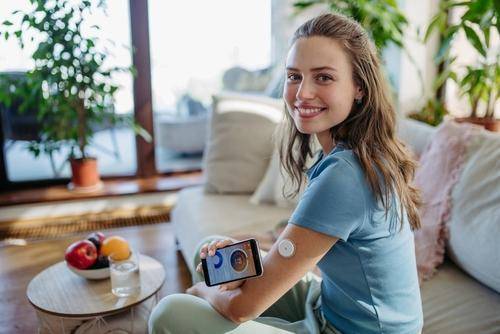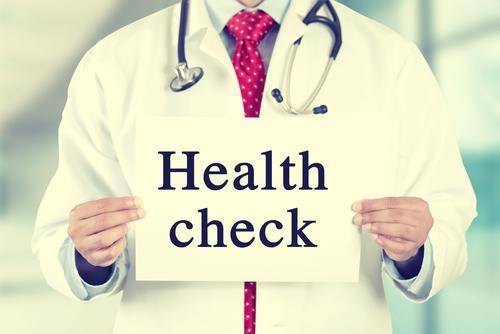Essential hypertension, also known as primary or idiopathic hypertension, is a common condition characterized by elevated blood pressure without any identifiable cause. It’s a significant health concern because it increases the risk of cardiovascular diseases such as heart attacks and strokes if left untreated. Managing essential hypertension in primary care involves several key steps:
- Diagnosis and Assessment: Accurate diagnosis is crucial. Blood pressure measurements should be taken on multiple occasions to confirm hypertension. Additionally, a thorough medical history, physical examination, and assessment of risk factors for cardiovascular disease should be conducted.
- Lifestyle Modifications: Lifestyle changes play a fundamental role in managing hypertension. These include:
- Dietary modifications: Encourage a diet rich in fruits, vegetables, whole grains, and low-fat dairy products while limiting sodium intake, saturated fats, and cholesterol.
- Weight management: Encourage weight loss in overweight or obese individuals.
- Regular exercise: Recommend at least 150 minutes of moderate-intensity aerobic exercise per week, such as brisk walking.
- Limit alcohol intake: Advise moderation in alcohol consumption.
- Smoking cessation: Encourage smoking cessation as tobacco use can significantly raise blood pressure.
- Medication Management: Pharmacotherapy may be necessary for individuals with hypertension that cannot be controlled through lifestyle modifications alone or for those at high risk of cardiovascular events. Commonly prescribed antihypertensive medications include:
- Diuretics: Such as thiazides or loop diuretics.
- ACE inhibitors: Such as lisinopril or enalapril.
- Angiotensin II receptor blockers (ARBs): Such as losartan or valsartan.
- Calcium channel blockers: Such as amlodipine or diltiazem.
- Beta-blockers: Such as metoprolol or atenolol.
- Other agents: Such as alpha-blockers, central agonists, or vasodilators may be used in specific cases.
- Regular Follow-Up: Patients with hypertension require regular monitoring to assess blood pressure control, medication adherence, and any adverse effects of treatment. Adjustments to medications or lifestyle recommendations may be necessary based on follow-up assessments.
- Patient Education: Educating patients about the importance of hypertension management, adherence to medication regimens, lifestyle modifications, and self-monitoring of blood pressure is essential for long-term success.
- Monitoring and Risk Reduction: Beyond blood pressure control, primary care providers should monitor and manage other cardiovascular risk factors such as dyslipidemia, diabetes, and lifestyle factors like physical inactivity and poor diet.
- Referral and Collaboration: In some cases, referral to specialists such as cardiologists may be necessary for further evaluation or management, especially for patients with resistant hypertension or complications.
Overall, a comprehensive approach that combines lifestyle modifications, pharmacotherapy, regular monitoring, patient education, and collaboration between primary care providers and specialists is crucial for effectively managing essential hypertension in primary care settings.
These things can typically be handled by your primary care physicians.
For more information on this topic, please reach out to us at RescueMD at 972-390-7667. We are an internal medicine, weight loss and women’s health practice. We serve Allen, Frisco, Mckinney, Plano, Dallas and surrounding areas. In addition to physicians, we also have registered dietitians and personal trainers on staff to treat and manage most cases.

